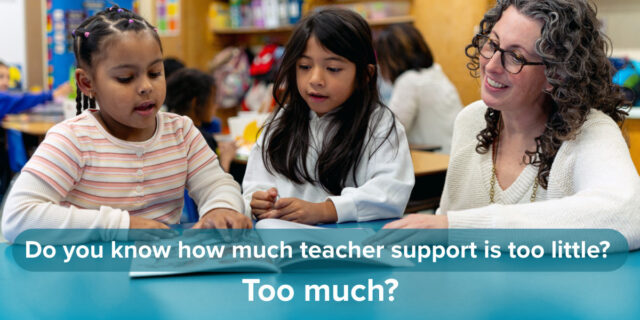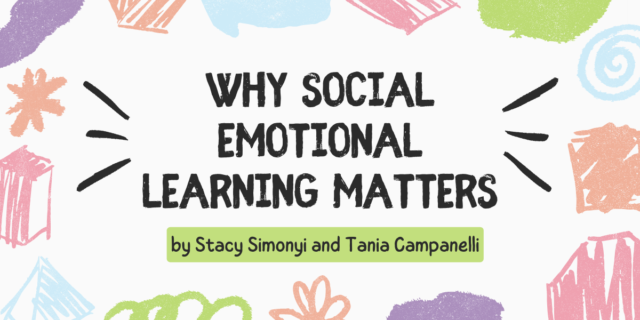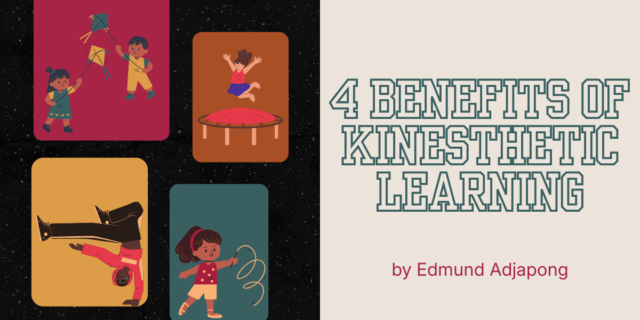
Literature as windows can also serve as counternarratives, allowing us to contest stereotypes and bias (Boutte 2008). This is vital for children of privileged groups as they explore their place within a larger, more pluralistic world. If the only characters that children are exposed to look like, sound like, and act like them, they are at risk of developing ethnocentric notions of themselves and the world around them as well as notions of otherness that can lead to devaluing anyone who is different. Reading texts with diverse perspectives allows us to explore the multidimensions of humanity and create more inclusive classrooms reflective of our broader society (Boutte 2008). Furthermore, in an uncertain world where inequality pervades society, reading books with characters and settings different from their own can help children build empathy and cultivate compassion, by allowing them to imagine life beyond the one they live. Literature enhances our understanding of one another and promotes respect for other ways of being as we explore how humanity connects us (Kurkjian and Livingston 2007).
As Bishop (1990) has noted, “Literacy transforms human experience and reflects it back to us, and in that reflection we can see our lives and experiences as part of a larger human experience.” When books are read as both windows and mirrors, they become sliding glass doors between two worlds celebrating similarities and differences of the common human experience. Sue Mankiw and Janis Strasser (2013) point out that literature provides readers with opportunities to interact with “characters they have yet to meet in real life, but with whom they have much in common” (85).
…
Learn more about Reading to Make a Difference at Heinemann.com!

Lester L. Laminack is Professor Emeritus at Western Carolina University in Cullowhee, North Carolina where he received two awards for excellence in teaching. Lester is now a full-time writer and consultant working with schools throughout the United States and abroad. He is an active member of the National Council of Teachers of English and has served three years as coeditor of the NCTE journal Primary Voices and as editor of the Children’s Book Review Department of the NCTE journal Language Arts (2003–2006). He also served as a teaching editor for the magazine Teaching K–8 and wrote the Parent Connection column (2000–2002). He is a former member of the Whole Language Umbrella Governing Board, the Governing Board and Secretary of the North Carolina Association for the Education of Young Children, and the Board of Directors for the Center for the Expansion of Language and Thinking. He served as the Basic Reading Consultant to Literacy Volunteers of America from 1987 through 2001 and is a former member of the Board of Directors of Our Children’s Place. Lester has served as editor (2017) of the Writing Department for the ILA Journal Reading Teacher.
Lester's academic publications consist of several books including Learning with Zachary (Scholastic), Spelling in Use (NCTE), Volunteers Working with Young Readers (NCTE), and his contributions to The Writing Workshop: Working Through the Hard Parts (NCTE), Learning Under the Influence of Language and Literature (Heinemann), Reading Aloud Across the Curriculum (Heinemann), Climb Inside a Poem (Heinemann), Cracking Open the Author’s Craft (Scholastic), Unwrapping the Read Aloud (Scholastic), Bullying Hurts: Teaching Kindness Through Read Alouds and Guided Conversations (Heinemann), The Writing Teacher’s Troubleshooting Guide (Heinemann), and Writers ARE Readers: Flipping Reading Strategies into Writing Instruction (Heinemann).

Katie Kelly is an Associate Professor of Education and Coordinator of the Literacy Graduate Program at Furman University in Greenville, South Carolina where she teaches literacy methods for elementary learners, literacy assessment and instruction, and practicum with an emphasis on literacy coaching. As a former elementary teacher and literacy coach, Katie’s teaching and research interests include teacher preparation and development in the area of engaging literacy instructional practices with emphasis on children’s literature, diversity, inclusion, and social justice. She examines ways to engage diverse learners through culturally relevant practices that value all individuals while fostering compassionate global citizens who advocate for social justice and equality. Additionally, Katie is interested in exploring ways to integrate technology to mediate literacy practices to prepare today’s global learners.
Katie is widely published in several peer-reviewed journals including The Reading Teacher, Voices from the Middle, Reading Horizons, Literacy Research and Instruction, and Journal of Digital Learning in Teacher Education. She coauthored two books: Smuggling Writing: Strategies that Get Students to Write Every Day, in Every Content Area (3–12) (Corwin) and From Pencils to Podcasts: Digital Tools to Transform K–12 Literacy Practices (Solution Tree).


